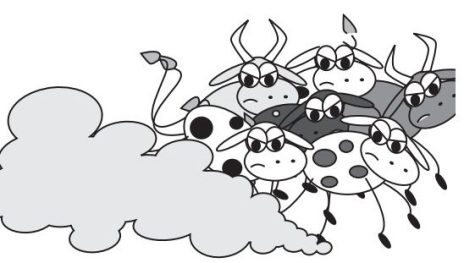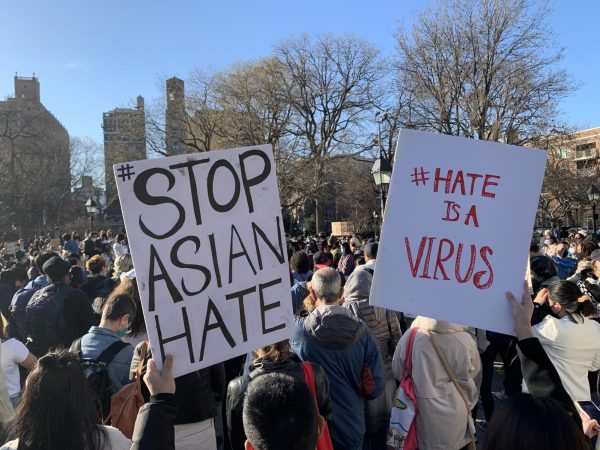SEPTEMBER EDITORIAL: Returning to “normal”?
October 6, 2022
As restrictions on daily life have eased over the past several months, many have expressed great enthusiasm at the prospect of life returning to “normal.” A “normal” school year. A “normal” Homecoming. Supposed “normal” classes. And yes, while living life during a pandemic is arguably rather “atypical,” it’s appropriate to consider what the idea of “normalcy” truly means. And beyond the beguiling picture of lilacs and daisies. As a society, how do we determine what binds the confines of “normalcy?” And can we ever really return to “normalcy” in an ever-changing world? Over time, we’ve seen societal norms change, and the COVID-19 pandemic is just one example of an event that has catalyzed such shifts. Even in the case that the new norms created by the pandemic–such as wearing masks–were only temporary, the implications of such shifts may not be.
Quite possibly, we will continue to observe the ripple effects of such changes in society as we ride the never-ending train into the future. Let’s say you take a piece of paper and crumple it up into a ball. You hold the ball of paper for a few seconds before deciding to unfold it. You attempt to flatten it back out, just to realize no matter how hard you try, you will never be able to get the creases and fold marks out of that paper. That paper will never be the same as it was before you crumpled it. Consider 9/11. In a pre9/11 world, airport security was far less prominent than it is now. There was no “scan for weapons.” There was no dropping your loved ones off at the door because you weren’t allowed to go inside with them. After the attacks, airport security increased dramatically. We see all kinds of metal detectors, screening devices, and security checkpoints. We aren’t allowed to walk our families to the gates anymore. The environment in airports is less gentle and friendly, now more oriented toward protection.
Although many Americans may find these more extensive airport security policies rather annoying and inconvenient; as a society, we generally accept that these changes have been made for the better. So, as you seek to be met with society’s return to “normal,” consider the following: Who are we without change? How are we supposed to grow if everything around us stays still?
This editorial represents the opinion of the Editorial Board, composed of the editors of all the sections of the X-Ray. After the Editorial Board discusses current issues at length, the Editors-in-Chief write the editorial so that it reflects the official opinion of the X-Ray staff.



